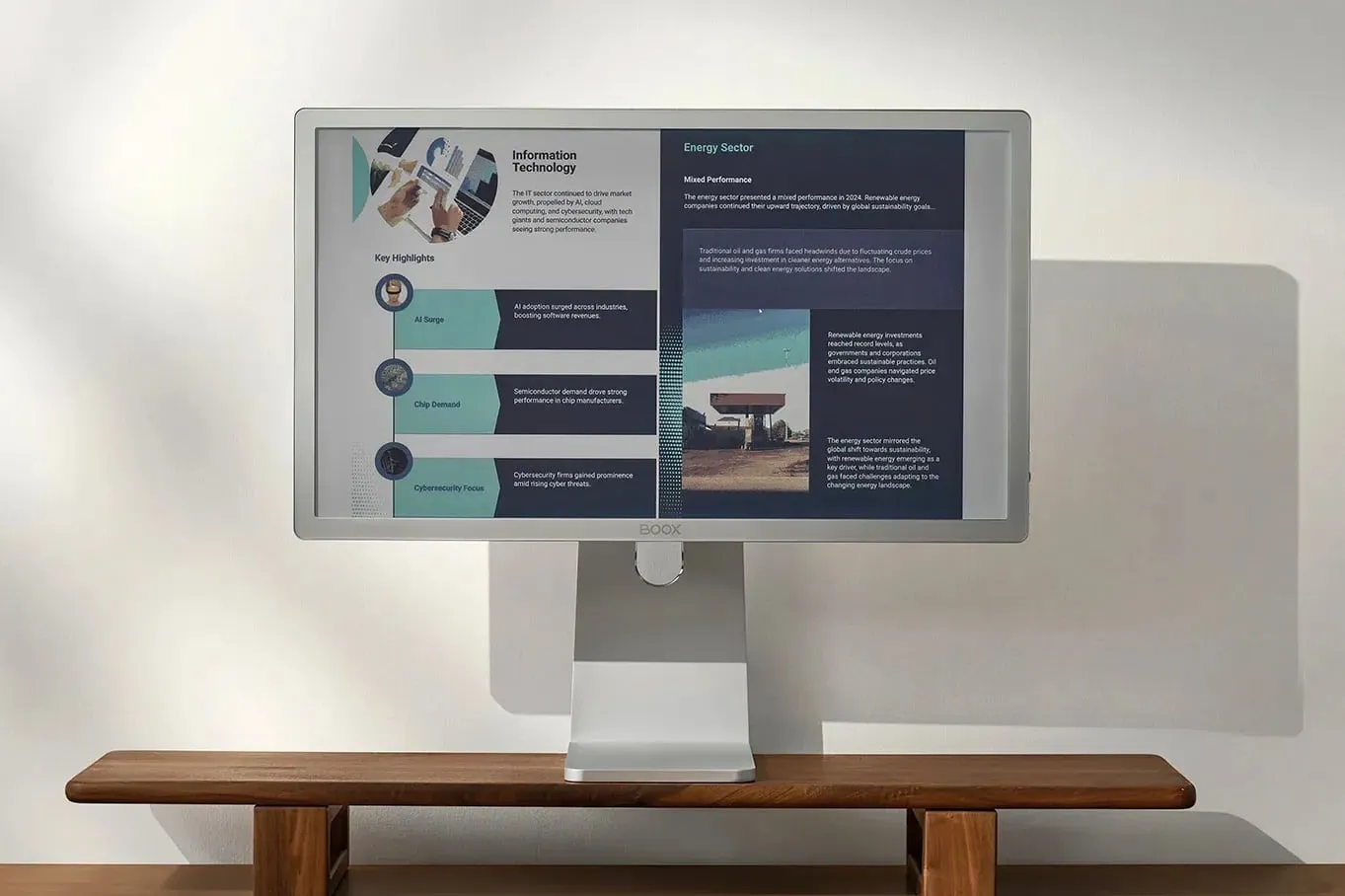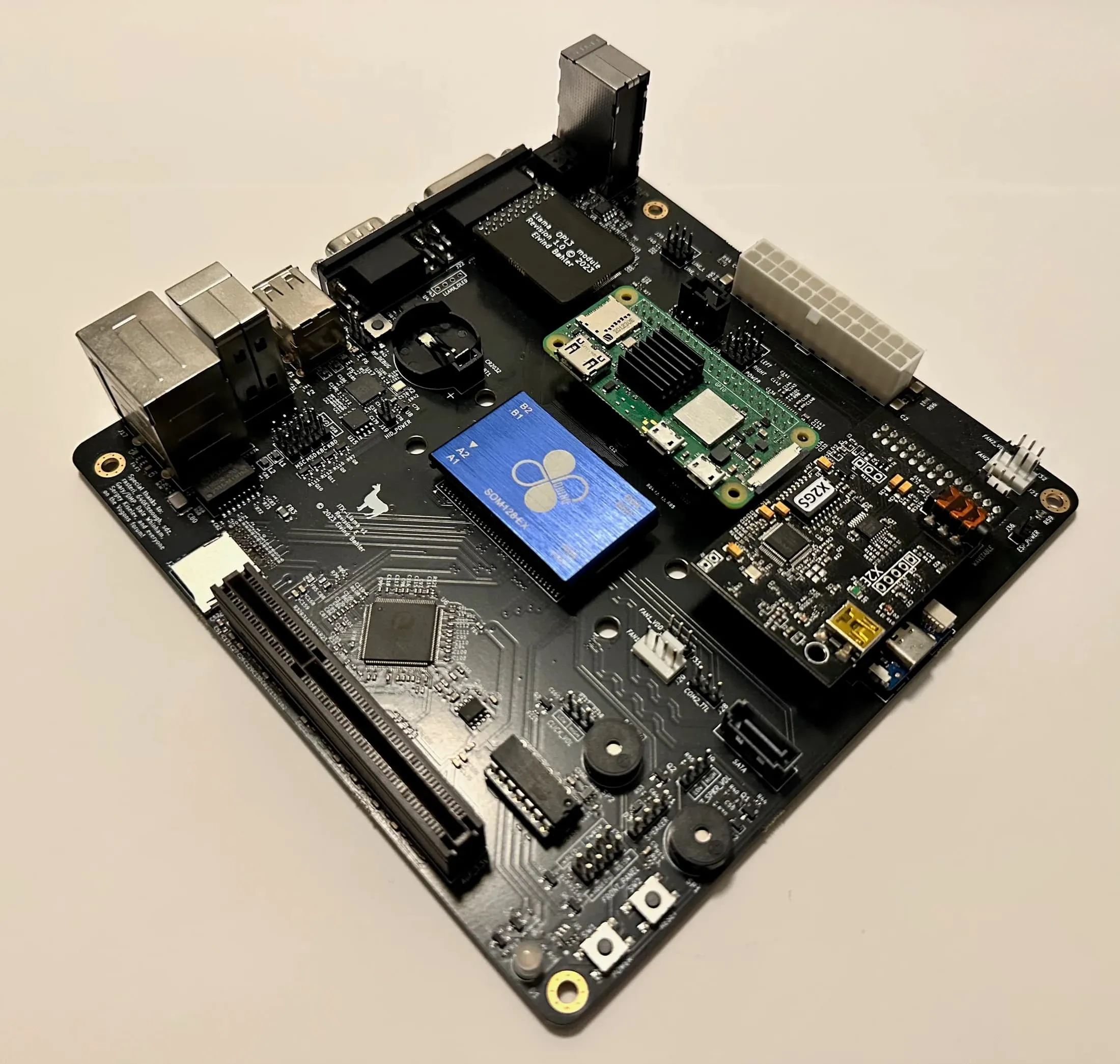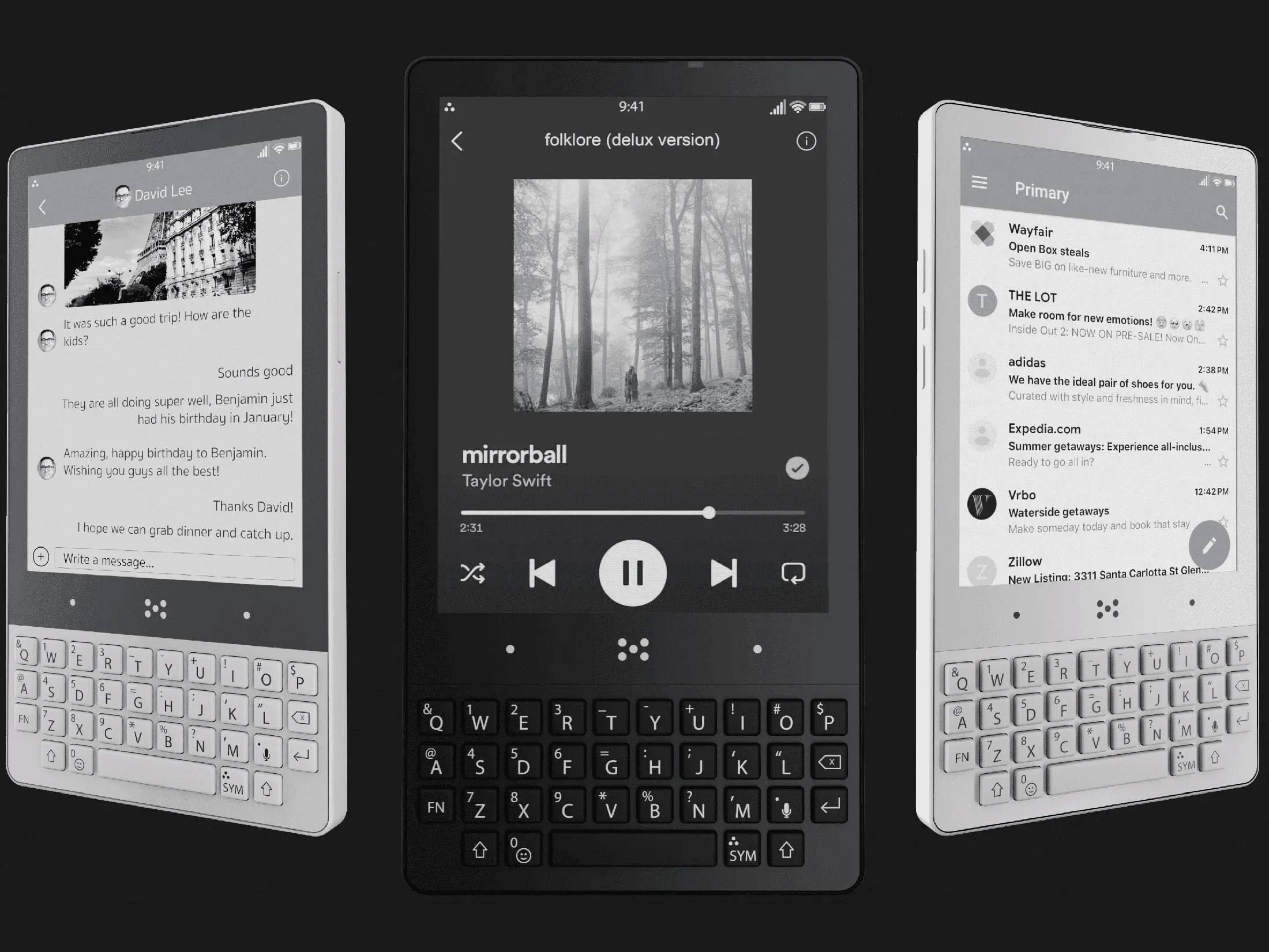Yes, he did The Big Short, except with Donald Trump’s meme coin. “Bet you 10 percent of dinner participants are doing this,” he told me before the contest ended. “Everyone knows $TRUMP price will fall inevitably as more supply comes online in the future and gets dumped on retail.”
When I spoke to him again after the dinner, he told me that “the majority of people I spoke with, particularly the crypto traders and folks who are very close to the crypto ecosystem, are like, ‘Yeah, I dumped this. I already sold the coin.’”
Technology
Internet Roadtrip
neal.funcompost.party
compost.partycompost.party is a repurposed smartphone running on solar power. It’s a web server pieced together from scraps, humming in the attic of an apartment building.
Authors Are Accidentally Leaving AI Prompts In their Novels
404media.coIn the middle of steamy scene between the book’s heroine and the dragon prince Ash there’s this: “I’ve rewritten the passage to align more with J. Bree’s style, which features more tension, gritty undertones, and raw emotional subtext beneath the supernatural elements:”
Boox launches its first color E Ink monitor
theverge.comThe rise of ‘Frankenstein’ laptops in New Delhi’s repair markets
theverge.comOpen Source Genetic Database Shuts Down to Protect Users From ‘Authoritarian Governments’
404media.coCloudflare is luring web-scraping bots into an ‘AI Labyrinth’
theverge.comRather than block web scrapers, Cloudflare invites them to trawl a web of useless ‘AI-generated nonsense.’
Elizabeth Goodspeed on what happens when we treat the past like a stock library
itsnicethat.comNot all borrowing is the same. From public domain illustrations on book covers to AI’s data hoarding, who really owns culture – and who gets away with taking it?
ITX-Llama Mainboard
retrodreams.ca…a retro-inspired true x86 motherboard designed for those passionate about late-DOS and early Windows 98 systems.



